Wetland wildlife
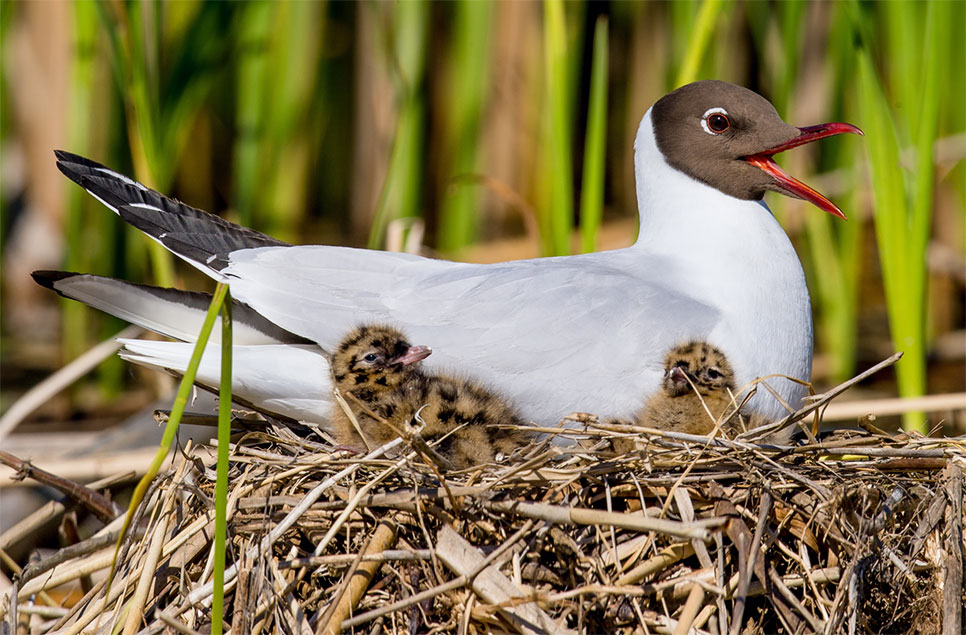
Your window on wetland wildlife - May 2020
Hello! And welcome to another round up of our top wildlife picks from across our sites.
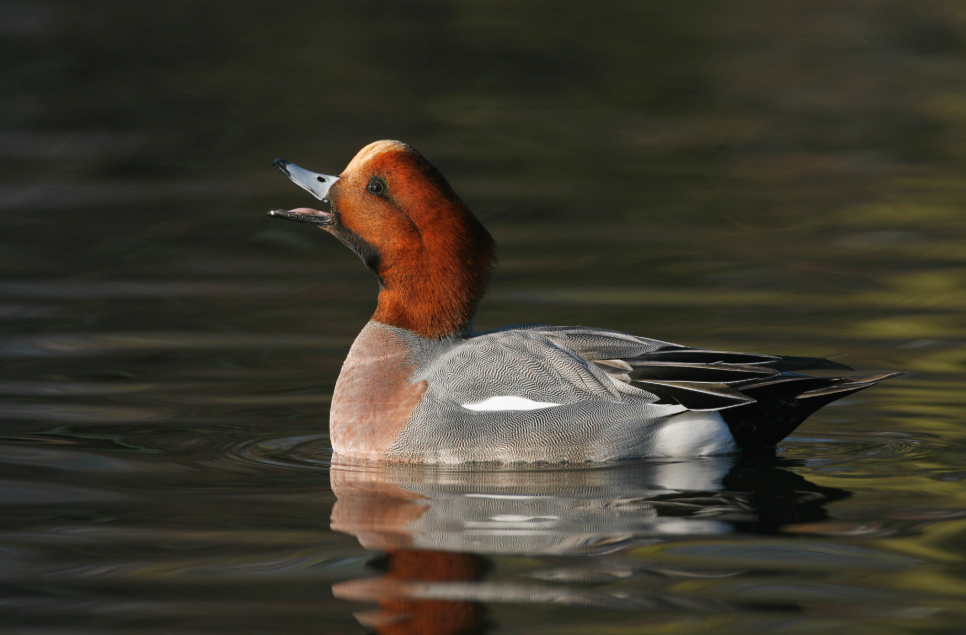
Why do birds sing, and what do their calls mean?
What do the songs and calls of birds mean, why do they sing more at certain times of the day or year and is it emotional or purely a means of survival?
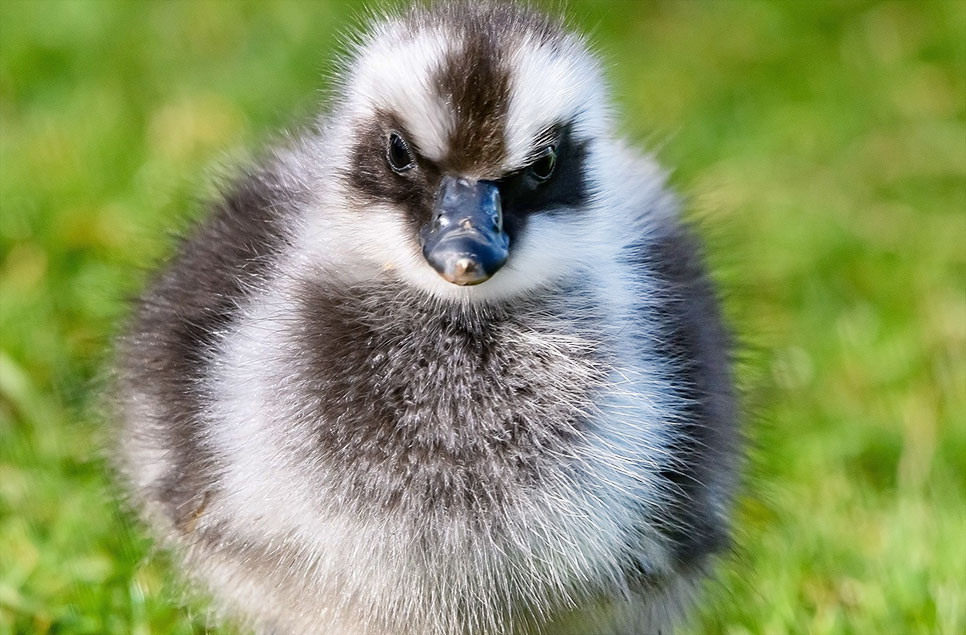
Behind the scenes at our centres
If you’re wondering what our favourite residents are up to during lockdown, here’s a sneak peek from those busy taking care of the animals. If you’re missing the cheeky antics of our otters or the welcoming peck of a goose you’re in for a treat…
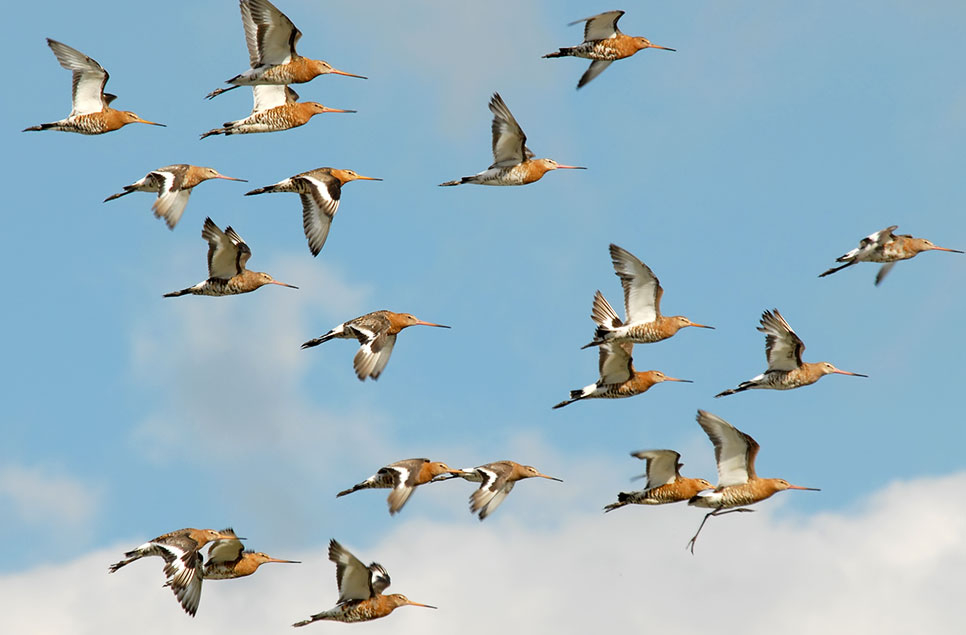
Welcome home! Black-tailed godwits return to WWT Welney
It seems that home really is where the heart is, even if you’re a black-tailed godwit. With good numbers already returning to Project Godwit sites this year, the future looks bright for these iconic waders.
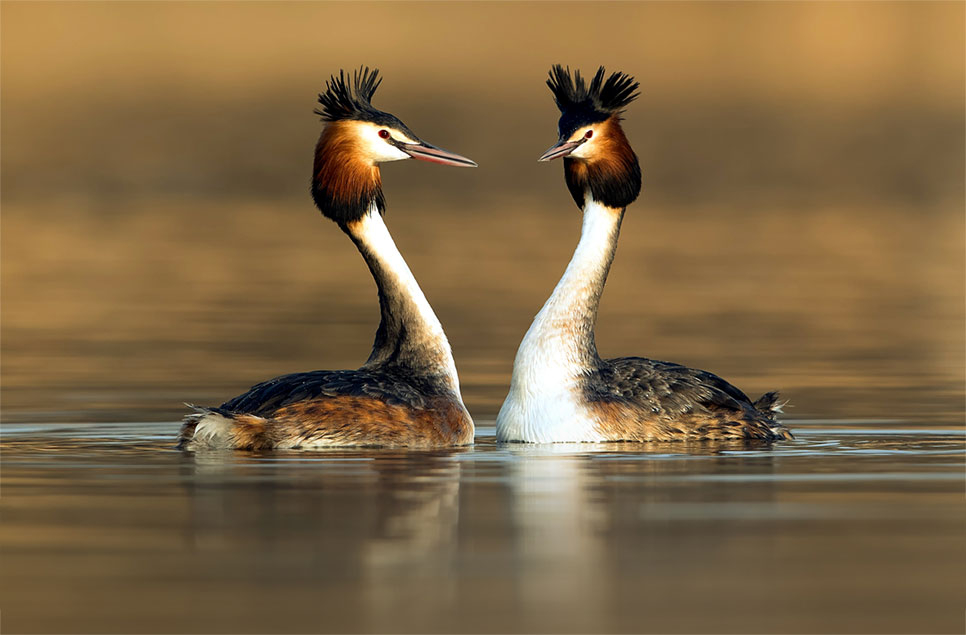
While humans are away, the birds put on a display
Wildlife courtship displays can be dazzling to watch. From dances to poses, here are some wetland courtship displays to look out for this spring.
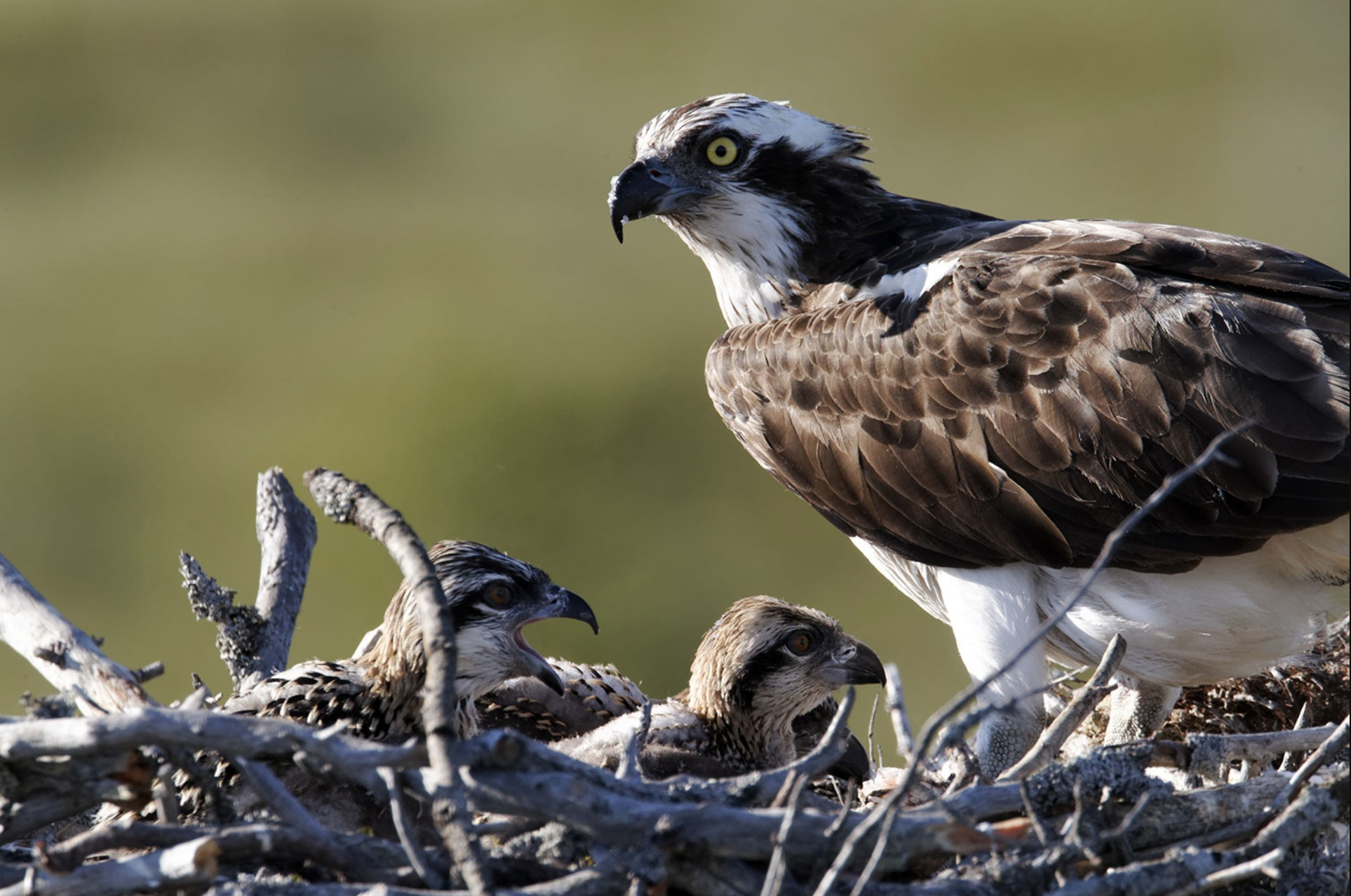
Which wetland birds migrate to the UK in spring?
Have you ever noticed how many different birds there are in spring? Every year a huge biodiversity of bird life migrates to the UK's wetlands, from water-loving raptors like the osprey to the bird with the longest migration in the world.
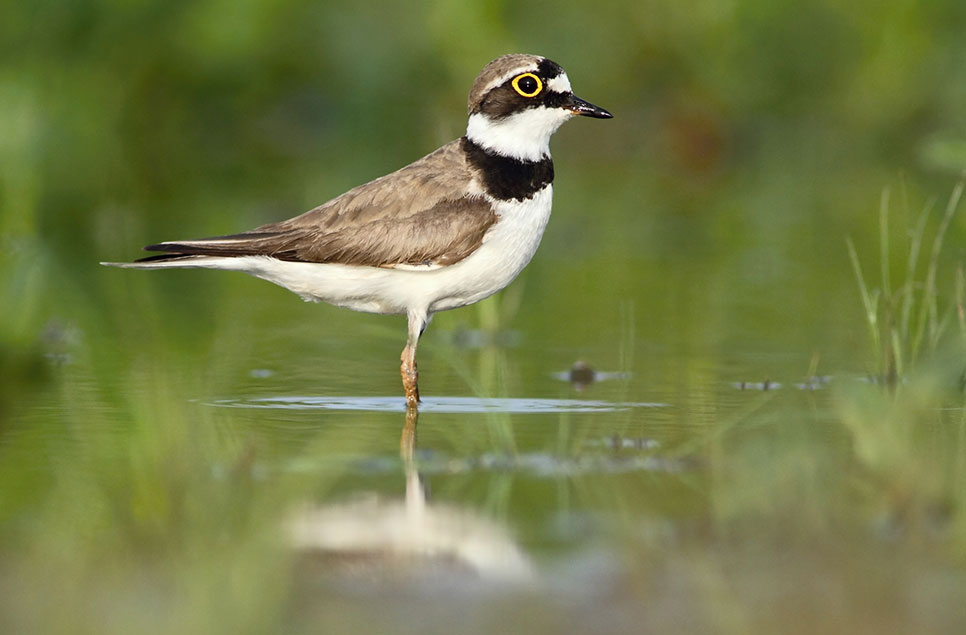
Your window on wetland wildlife - April 2020
Since lockdown began we’ve been working hard to bring nature to you. Our social media channels have been full of the hum and buzz of spring on our reserves. It’s a great way for you at home to feel connected to the wetland nature we're missing.
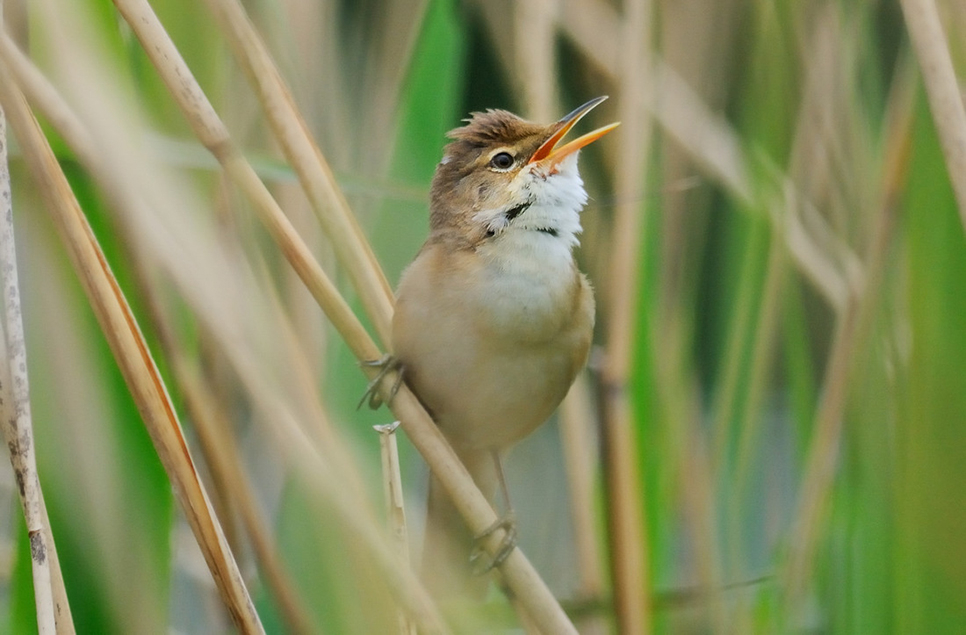
Identifying common bird calls at home
Get to know common birdsong this International Dawn Chorus Day
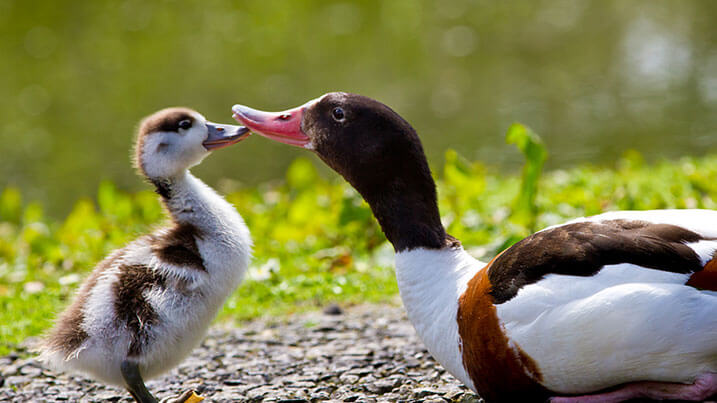
Wetlands throughout the seasons: spring
Spring arrives with less of a bang, and more of a gradual unfolding of life. From catkins to kingfishers to migratory birds, here's a quick guide as to what you can find in wetlands in spring.
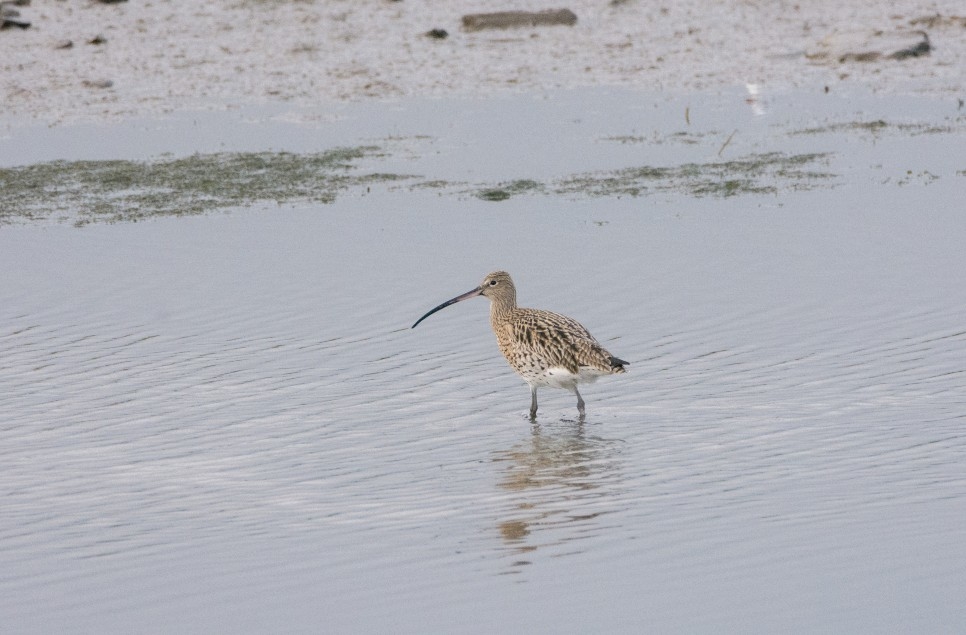
Endangered wetland species that still need our help
We’re passionate about protecting the wetlands habitats of some the most endangered species on the planet. Discover which species they are and why they seriously need our help.
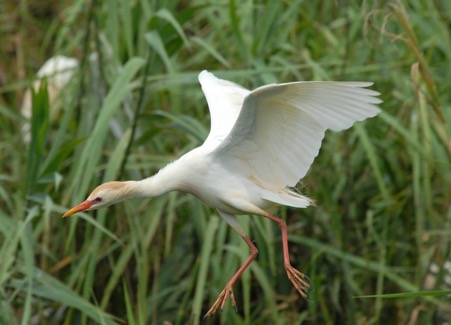
Protecting biodiversity at WWT Steart Marshes
Life thrives in wetlands and by creating and managing habitats, we can improve an area's biodiversity. One of our shining examples of how we can do this on a grand scale is the Steart Marshes, a huge salt marsh reserve created in 2014.
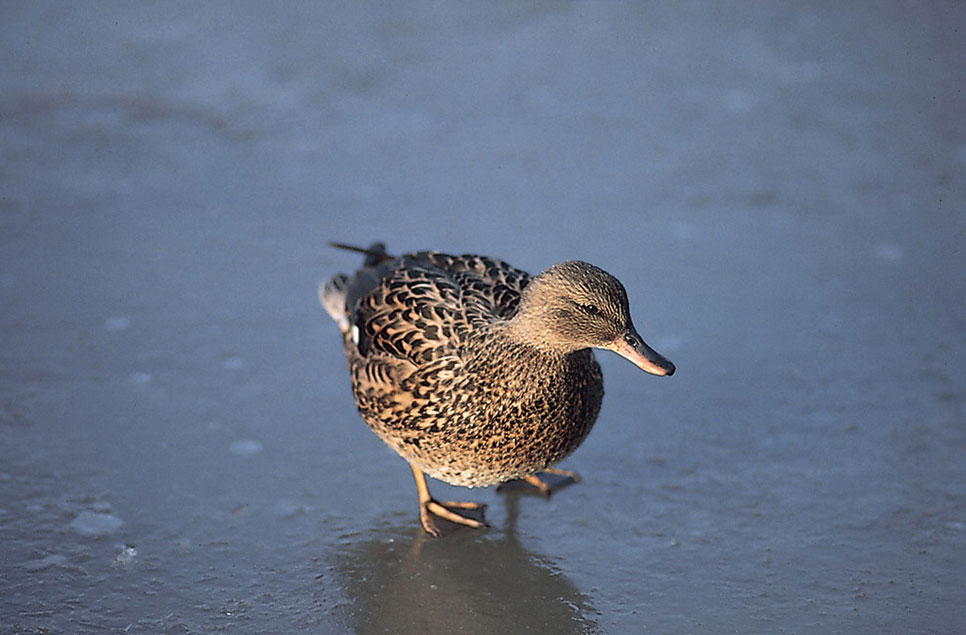
Why don’t birds get frozen feet? And other amazing avian adaptations
When you see waterbirds standing around in cold water, or wandering across the ice, you might wonder why they don’t get frostbite in their feet. So how do ducks, geese and swans cope with the cold weather in the winter?
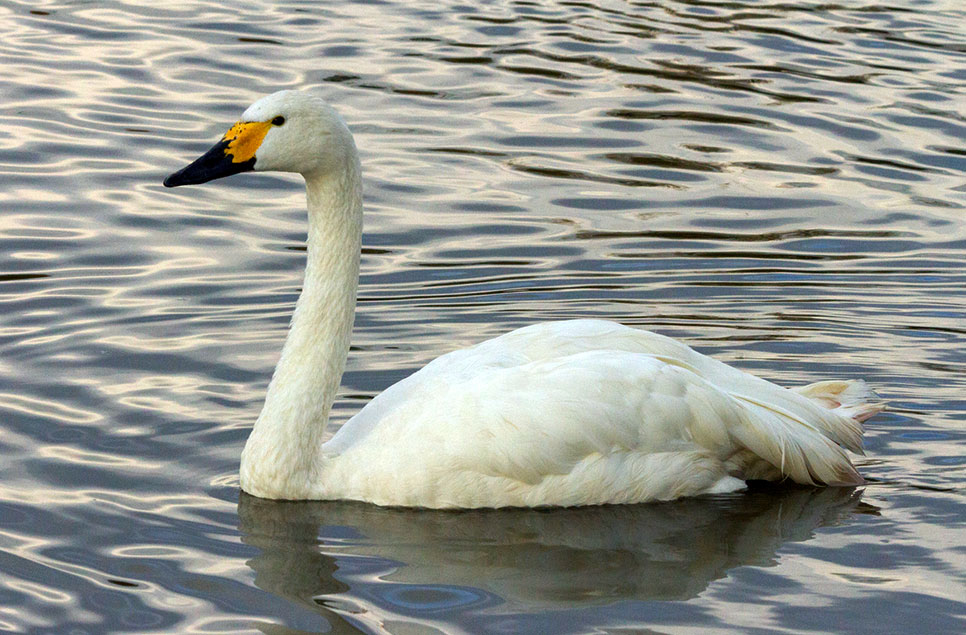
Which swan's which? How to tell the difference between swan species
Did you know there are 3 species of swan who live in the UK at least some of the year? The UK is home to three types of swan: mute, Bewick’s and whooper. Learn to identify the difference between the migratory swan species.
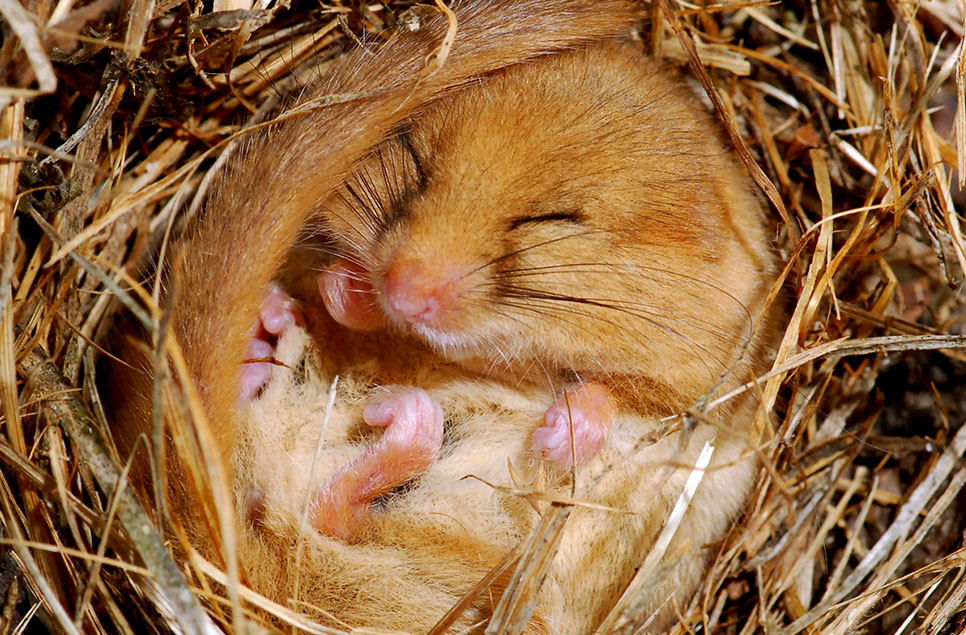
Which animals hibernate in the UK? And how you can help them
Find out how and why animals hibernate, how hibernation actually works, and which wetland animals use hibernation as a survival technique during winter in the UK.
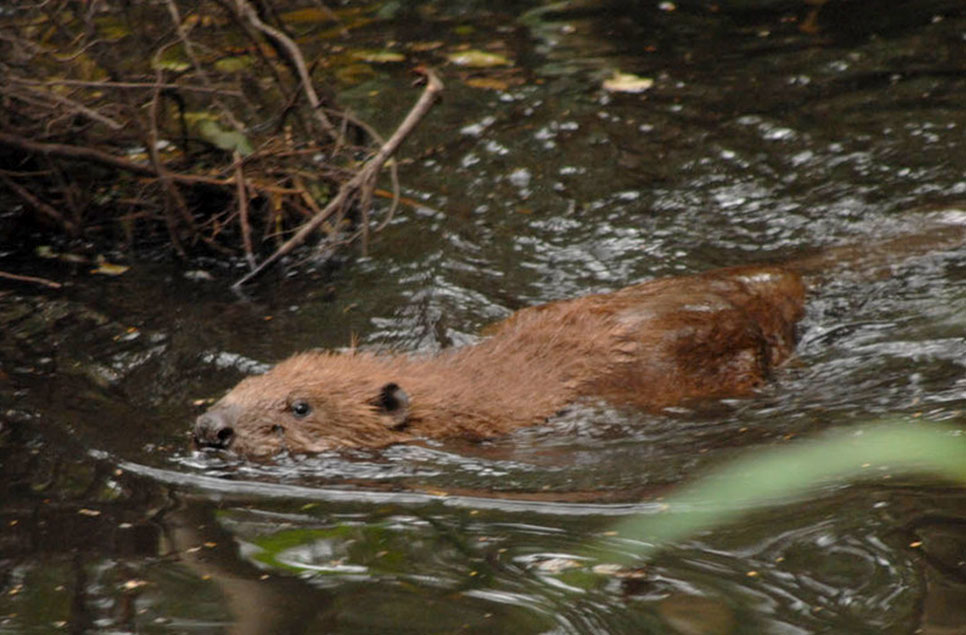
Not just for birds: wetland mammal stars
As bird-mad as we are at WWT, it’s not all about our feathered friends. Wetlands make the perfect home for a wide range of species including a number of marvellous mammals. Otters, water voles, beavers and bats are all wetland specialists.